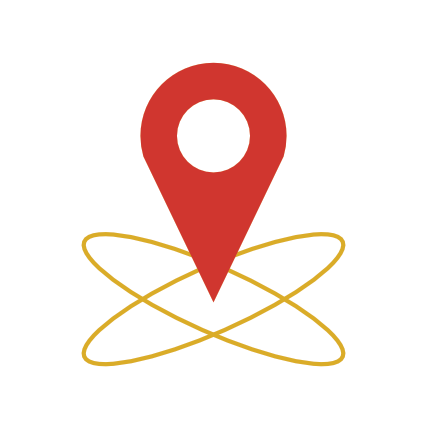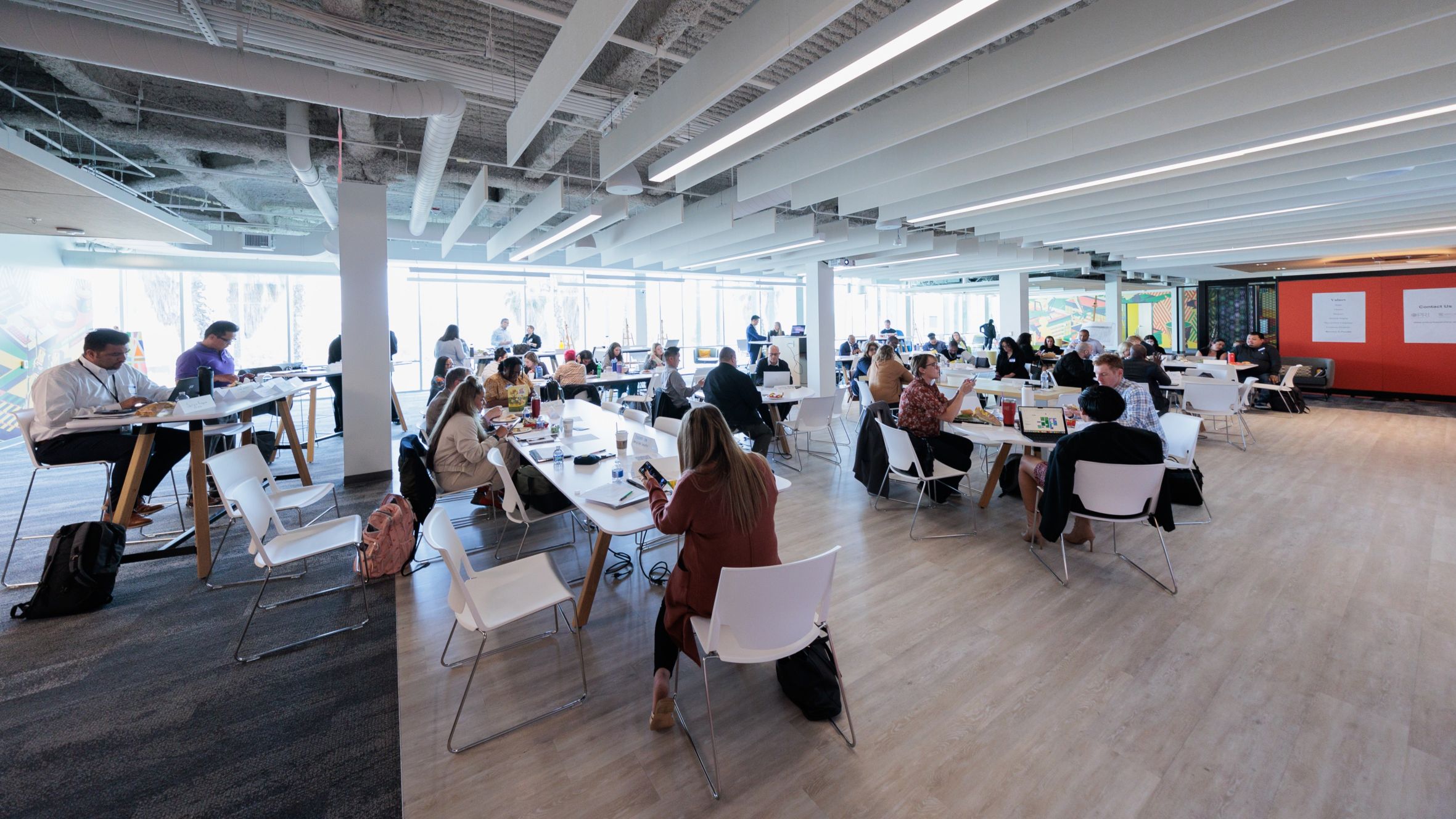Sometimes community-level work is not enough to provide transformative systems change. It could be because of funding shortfalls or state policies that do not address on-the-ground needs. Instead of using a community or jurisdiction-based framework, it can be helpful to focus on a regional or state approach. This allows higher-level decision-makers to be brought into the conversation. These decision-makers may be able to determine state-level funding options or to advance legislation. They can also offer a broader, more complete view of how different regions interact with one another. Furthermore, it is helpful for officials from different communities to share information with one another. They can learn about best and promising practices from across the region or state and determine how to adapt those practices to fit their community’s needs.
Our Solution
The Summit Strategic Planning Workshop helps regions and states identify resources, duplications, and gaps in their system on a broad level. First, we work with you to determine a targeted scope for your systems mapping event (e.g., changing legislation, setting aside funding). Then, we will help you assemble a diverse group of attendees that can provide a wide variety of perspectives. Together, we build an agenda that may involve one of the following:
- Planning for program implementation across a state or region
- Hosting panels to highlight high-performing communities
- Providing training so your attendees can lead local mapping events
- Holding breakout discussions organized by intercepts or regions
- Identifying best practices for state-wide implementation
- Adapting programs and services for urban, suburban, rural, and frontier communities
Our Model
The Summit Strategic Planning Workshop is a broad service that can be applied to many systems and locations. A Summit Workshop can use any of the Systems Mapping and Training Center’s models. We can customize each of our cross-systems mapping services and models for your locality’s needs. The Systems Mapping and Training Center will bring its national expertise to help you make the best choices for your state or region.
Participants
The participants involved in Summit Strategic Planning Workshops vary based on the model being applied and the target goal. They can include the following representatives:
- Judiciary representatives
- Legislators
- Politicians
- Representatives from the governor’s office
- State-level directors
Case Studies
LA Times: Police Need More Training to Deal with Mentally Ill
Issues discussed with Los Angeles, California, are still relevant in the field today. Policy Research’s Sequential Intercept Model Mapping Workshop report outlined gaps in the system. It also highlighted the need for more crisis intervention training, crisis centers, and data/information sharing.
Maryland State Summit on Behavioral Health and the Justice System
In November 2020, SAMHSA’s GAINS Center, operated by Policy Research, hosted the State Summit on Behavioral Health and the Justice System in coordination with the Commission to Study Mental and Behavioral Health in Maryland, led by Lieutenant Governor Rutherford. This state-level strategic planning workshop was designed to inform the work of the state’s Public Safety and Judicial System and Crisis Services subcommittees and to guide targeted legislative appropriations for crisis services and jail diversion.
Follow-Up Assistance
Follow-up technical help is not always needed after your cross-systems mapping event. But some jurisdictions find additional assistance useful. If your community wants more support, the Systems Mapping and Training Center is here. The Center can host follow-up meetings, including facilitated strategic planning sessions, give guidance and resources, or connect you with topic experts. These follow-up opportunities are offered on a fee-for-service basis if the need comes up.



